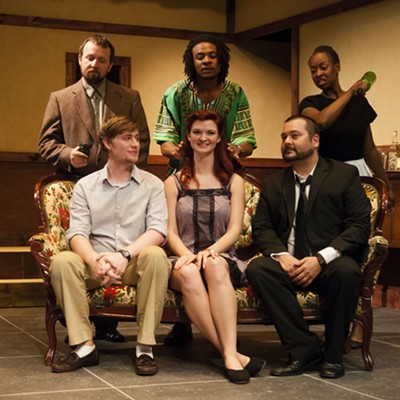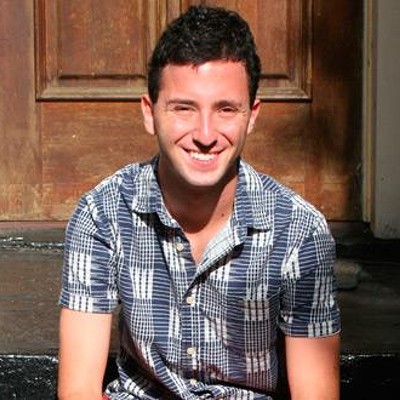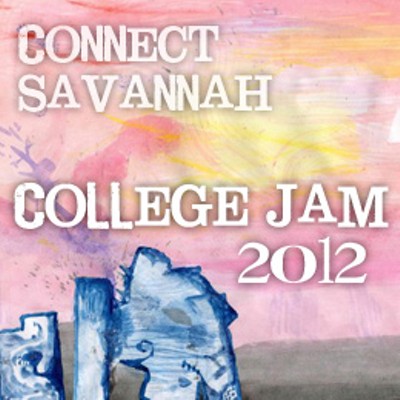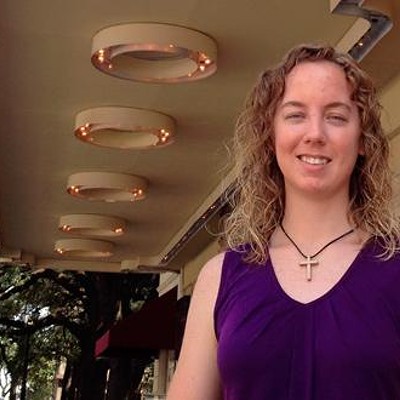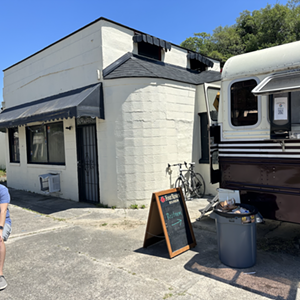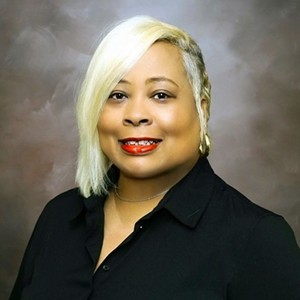In the last five years, more and more universities across the country have adopted the practice of assigning incoming college freshmen the same book.
Common Read programs serve several noble purposes: They give newbie students a shared academic experience to jumpstart their scholarly chops. The book choice often crosses disciplines, illustrating the connections between science, math, ethics and literature. The attendant lectures, activities and discussions help collate the subject matter and foster critical thinking.
And if it’s just a darn good book, that required reading might have a lasting influence long after graduation.
That’s the idea behind Armstrong Atlantic State University’s selection of The Omnivore’s Dilemma by Michael Pollan for this year’s Common Read. Hearkened as a shining example of journalistic inquiry into America’s food chain, it was a runaway bestseller when it was published in 2006 and continues to resonate as more people begin to move towards sustainable eating practices. Assigned to every incoming AASU freshman as well as upperclassmen and graduate students, the book provides more than an academic exercise—it brings the act of sustenance out of the ivory tower and to the table.
“This is a very relevant topic,” says Dr. Herbert Bruce, AASU’s director of First Year Experience. “Food is something we deal with every day, and this is opening up these students to what issues are being dealt with out in the real world.”
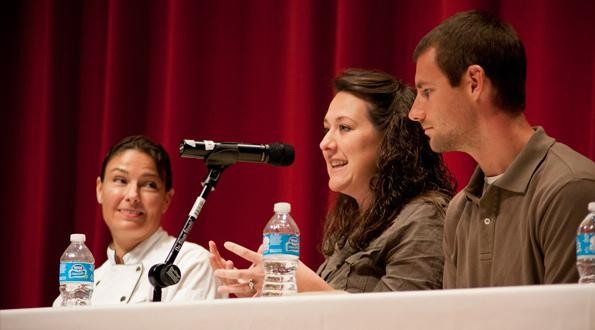
On the syllabus for myriad subjects, from Advanced Chemistry to Ethics and Morals in Public Health to Dr. Bruce’s Strategies for Success class, AASU faculty has found that The Omnivore’s Dilemma has applications just about everywhere—even Intro to Graphic Design, where Pollan’s examination of food labels and marketing will be parsed.
While previous common Read choices (particulary last year’s The Immortal Life of Henrietta Lacks about the ethics of genetic research) have brought together many disciplines within the university’s four colleges, Dr. Bruce marvels at the pertinence of Pollan’s work.
“One of the things I like about this book is that it takes a mundane topic—food —and shows how complex it is,” he muses. “Look how many disciplines are involved with food and how it arrives to us as a meal.”
The tradition of supplementing the Common Read with guest speakers and related activities is in full swing on campus. The year–long program began on Aug. 29 with a panel of local food sustainability superstars: Chef Wendy Armstrong of green–certified Thrive on Whitemarsh Island, livestock farmer Arianne McGinnis (who has been working as of late with Revival Foods and the Farm A La Carte food truck) and AASU graduates Kristan and Sean Fretwell of Brooklet–based Hunter Cattle.
Other upcoming programming includes showings of the film GROW! on Sept. 27 and 28, the latter screening followed by a Q&A session with filmmakers Christine Anthony and Owen Masterson. Featured at last year’s Savannah Film Festival, GROW! chronicles 20 young farmers (including the aforementioned McGinnis as well as Bethesda Farms’ Reid Archer) as they face the thrills and challenges of organic agriculture.
Free and open to the public, the year’s Common Read schedule of events will also bring participation in the citywide Food Day Festival in October, a screening of the Peabody Award–winning documentary King Corn and more lectures exploring the ethical and logistical dilemma of eating sustainably.
Dr. David Lake, professor of physical therapy at AASU, is already working on his notes for a March presentation on whether Pollan’s assertions about the health risks of our current industrial food system are correct. While most of the programming supports a more conscious approach to food, a thorough examination of all sides of the issues is a vital part of the educational process.
“I’ll be playing devil’s advocate with this lecture, challenging the science behind the book,” explains Dr. Lake. “Is eating sustainably and locally actually healthier? Is there evidence to support that?”
He’ll be citing the recent review published by Annals of Internal Medicine that disproves the claim that organic food has a discernible effect on overall health (the study did show significantly lower pesticide levels in the bodily secretions of those who ate predominantly organic food.) But Dr. Lake admits that he’s already on board with the local and sustainable food movement.
“My wife and I started out with the local Farm Bag a few years ago and then we went the next step and started supplementing by going to the Forsyth Farmers Market,” he says. “Now pretty much everything we eat comes from those two sources.”
Already a fan of Pollan’s book, Dr. Lake advocated for The Omnivore’s Dilemma as a Common Read choice from the beginning.
"Several options were floating around, but this fit in with the health professions as well as education and economics,” explains the professor. “It’s very accessible, and it’s an opportunity to engage students in a practical way rather than pontificating on a subject. We can get them thinking about the industrial food system and show that we can indeed eat outside of it.”
Dr. Lake laughs at the unintentional pun that this year’s Common Read is “planting the seeds” for a food–conscious student body.
“Part of a liberal arts education is to make its graduates a citizen of the world, and to be a citizen you need to be informed,” reasons Dr. Lake.
“And this is practical knowledge on how to live a good life.”
For more information on AASU’s Common Read events, go to armstrong.edu.





